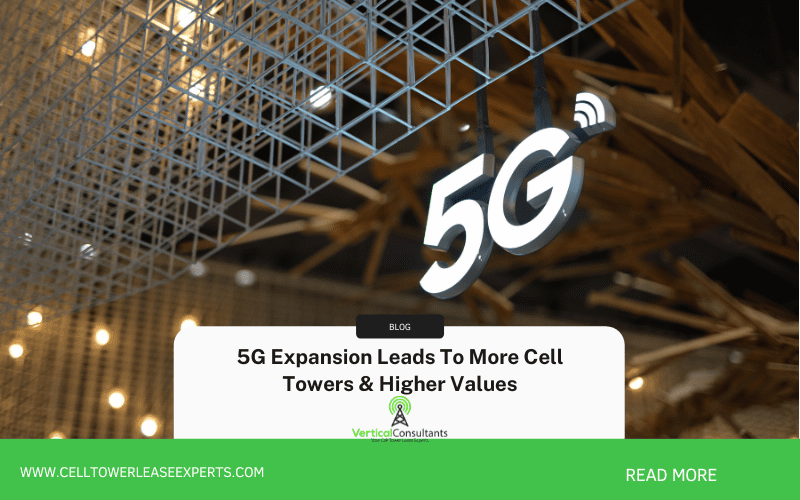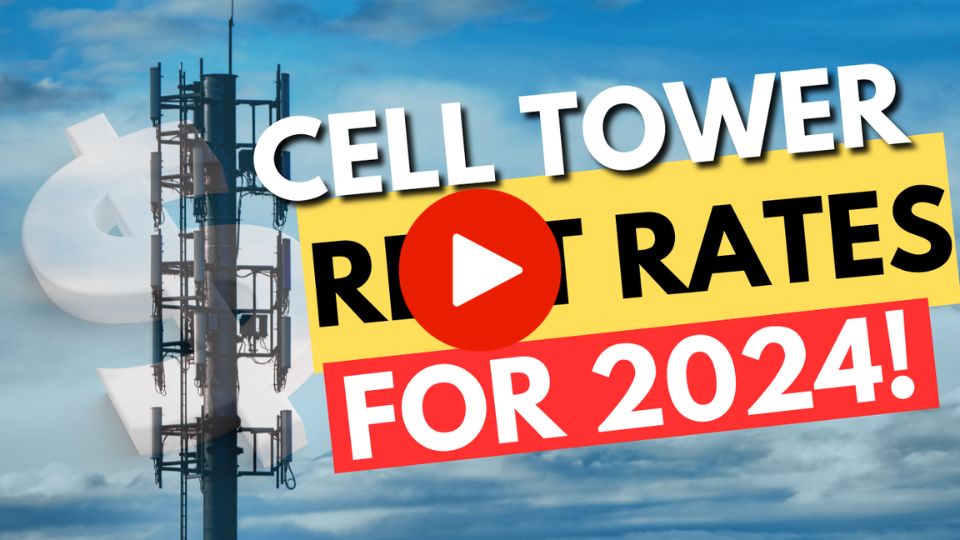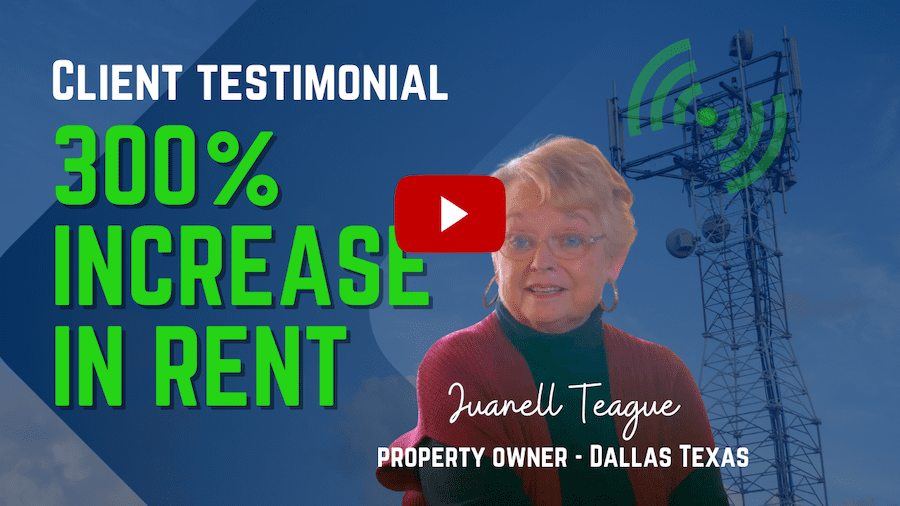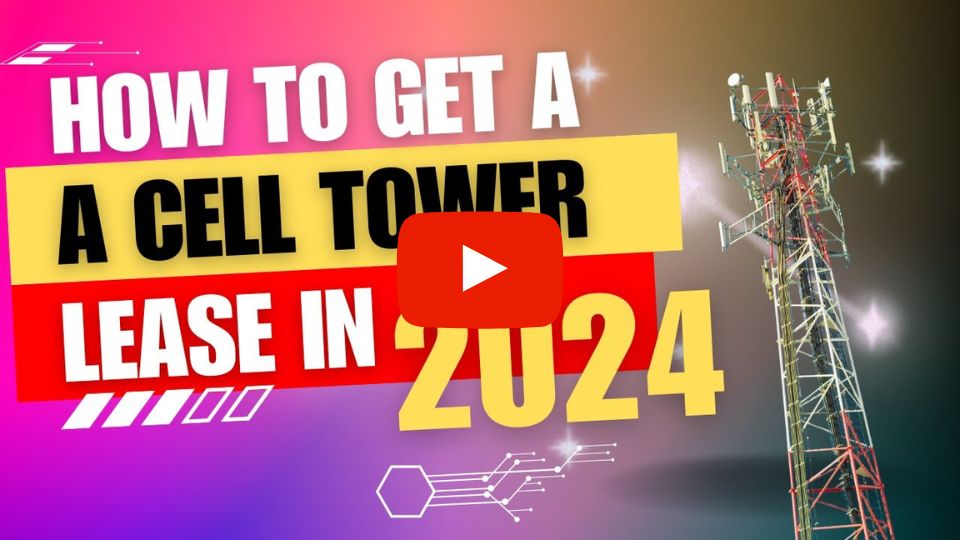5G is the 5th generation mobile network. It is the new global wireless standard after 1G, 2G, 3G, and 4G networks. It enables a new network designed to connect virtually everyone and everything, including machines, people, and devices. The majority of the public is excited about 5G because it can give us ultrafast wireless service. 5G will bring about the biggest technological revolution since the invention of the internet.
How fast is 5G?
4G LTE networks are theoretically capable of transfer speeds of up to 100 megabits per second (Mbps); 5G, on the other hand, will be theoretically capable of transfer speeds of up to 10 gigabits per second (Gbps). That is about 100 times faster than its predecessor. So any mobile user, machine, or piece of software will be able to send and receive data instantaneously without anything hampering performance. While 5G networks are much faster than 4G networks, they also operate on a much higher spectrum (up to 6 GHz), resulting in a signal that can’t go much further than 100 meters and cannot be positioned higher than 50 feet above the ground.
What Does it Mean for Cell Towers and Landlords?
Because of the shortened range of 5G, it’s estimated that approximately 100 to 350 small cells per square kilometer will be needed in areas that require 5G densification, further necessitating the construction of brand new cell sites, or, at the very least, cell site upgrades. In many cases, current cell sites will need to have their antennas upgraded or swapped out entirely, which is why landlords must understand what their rights are under their current lease agreement. Also, their cell tower lease value will change once 5G equipment upgrades have been completed, especially since 5G antennas are built with multi-carrier support right out of the box. Depending on the language of the cell tower lease agreement, landlords may be entitled to a greater amount of rent if, say, the cell site now houses every major cellular carrier.
5g Expansion
Major mobile operators such as AT&T, T-Mobile, and Verizon focus on deploying mid-band 5G through 2022. The AT&T spokeswoman Tiffany Heikkila said that she expects to cover 70 to 75 million people with C-band by the end of 2022 and 200 million by the end of 2023. T-Mobile also launched its 5G fixed wireless broadband home internet service commercially in April 2021. In late September, it expanded this service across 51 towns and cities in four states. The operator said it now serves “more than 600 places nationwide.” Verizon spokeswoman Christina Moon Ashraf said that they’d cover 100 million people using the C-band spectrum by the end of March 2022.”You can see that there are big plans for 5G expansion.
5G expansion will usher in technology we hardly dreamed of. Remote robotic surgery and , driverless cars – among other Jetson-style advances – become possible with 5. With its shorter range and the need for more towers, lease values will continue to grow. If you are approached for a cell tower lease, reach out to our experts and we will help you get the maximum value for your site.




